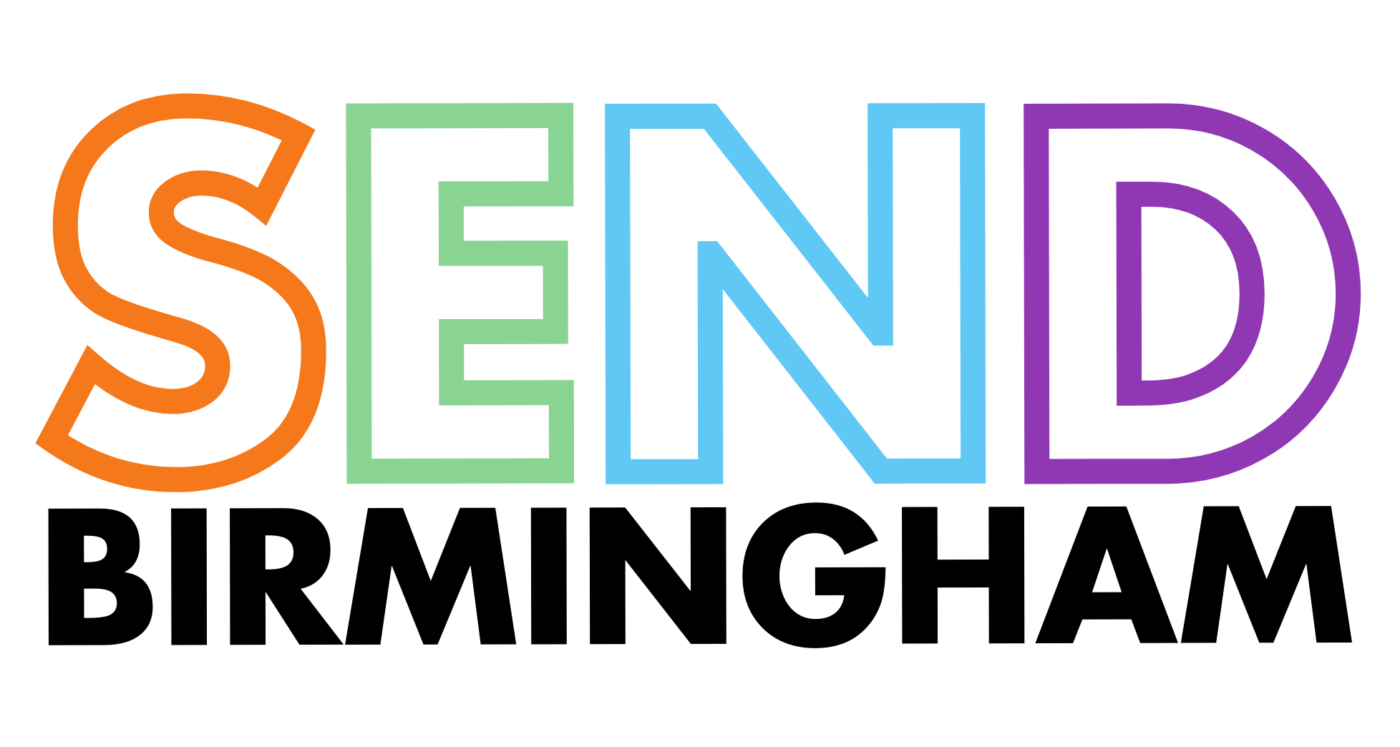Children and Young People's Occupational Therapy Service
About the Service
Occupations are activities that we do every single day, such as going to the toilet, getting into bed and making breakfast! Sometimes, we might find these tasks difficult and this is where your Occupational Therapist (or OT for short) might be able to offer support.
Our Occupational Therapists use a ‘graded approach’ This means that we will always encourage as much independence as possible, the aim is always to ensure that independence and function are retained, and your potential is maximised.
Generally, The NHS Paediatric Therapy services focus on rehabilitation and developing skills, whereas, our Occupational Therapy Service is here for you when we need to begin looking at other avenues to support you with long-term disability needs, management, and maintenance. We may seek to understand what support you have received prior to accessing our service to ensure we can offer the right level of provision.
We might try lots of ways to help, which might consist of advice, equipment, environmental adaptation or linking with other services to support you.
- Assessment
- Advice and Guidance
- Equipment and Advice on Techniques
- Recommendations for Adaptations
- Training
Occupational Therapists are regulated by the Health and Care Professions Council, and each of our registered Occupational Therapists is licenced to practice in the UK. Our Occupational Therapists are also members of the Royal College of Occupational Therapists with members engaging both regionally and cross country to promote and innovate within the profession.
What to Expect
After your referral is made, it will be processed and sent to the team ready for triage. During triage, an assessment is completed by a Senior Occupational Therapist under ‘Right Help, Right Time’ which will review the referral information and consider any risks.
Further information to support the service’s understanding of each child is undertaken through the ‘Family Questionnaire’ and the ‘Schools Questionnaire’. Dependent on the information provided we may call or email you to discuss this further, or we may ask for information about support you have received to date.
This information helps the CYPOT team arrange the most appropriate support for your child, this is a dynamic process where new information is continually welcomed to ensure support reflects your child’s needs.
If you require urgent medical assistance or are in danger, please contact your local emergency service for urgent advice.

Following Triage, you will receive information about the next steps such as;
- Advice about access to our universal support via the Local Offer.
- Signposting to other services that may be more appropriate.
- Targeted exploration and advice which might include access to one of our clinics.
- Specialist assessment routes.
You may receive a letter, depending on wait times to advise you of progress. It is important to know that we can often receive a lot of referrals which may increase waiting times.
During targeted and specialist support, the CYPOT service may invite you to different types of appointments, these may be face-to-face, virtual or clinic appointments to carry out further assessment where needed.
Once any recommended advice, referrals or equipment have been completed, your Occupational Therapist will send you a letter through email, to confirm the outcomes of your assessment and any important information which will conclude the OT’s input.
You may need to contact us, should the situation change, or you require further advice, you can contact the service via our advice and duty telephone line or email.

